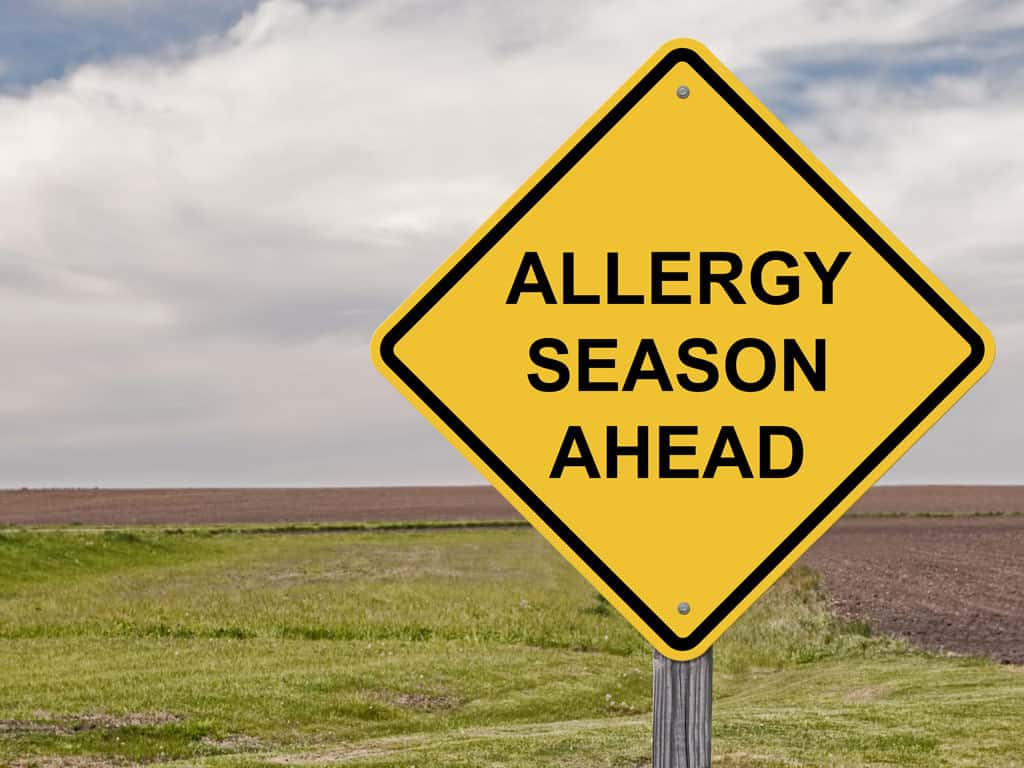
Millions of people suffer from nasal allergies, commonly known as hay fever. Common causes include pollens, mold, dust, feathers, animal dander, airborne pollutants, etc. Common symptoms include:
- Runny nose
- Nasal congestion
- Headaches
- Sneezing
- Itchy, watery eyes
- Post-nasal drip
- Itchy nose
- Scratchy throat
- Throat clearing
- Ear popping
- Itchy ears
- Recurrent ear infections
(especially in children) - Sore throat
- Cough
Our specialists can help develop your allergy management plan. Allergy testing and treatment places a very important role and management can include Immunotherapy in the form of allergy shots, tablets or drops.
Allergy Testing
In order to begin Immunotherapy, the patient must be tested to determine what they’re allergic to. During your allergy testing your level of sensitivity will be established. The same extract used for testing will be used for treatment. This is an advantage as it allows the clinician to calculate a tailored dose of each antigen for each individual patient, ensuring a safe starting dose as well as effective therapy.
Contrary to what you may have heard, skin tests cause little if any discomfort. The needles used for allergy testing barely penetrate the skin’s surface so a mild, momentary discomfort may occur, if at all. The prick testing is usually done on the forearm and the secondary part of the test (called intradermal testing) is usually done on the upper aspect of the arms. If you have a positive response to the prick testing or intradermal skin test you’ll develop a raised, red, itchy bump that looks like a mosquito bite.

Immunotherapy
Once your allergy testing results are known, your provider can recommend treatments methods. Depending on the allergen, Immunotherapy, in the form of shots, sublingual (under the tongue) or tablets may be offered. The personalized program is designed to decrease your reaction to allergic triggers. The goal of Immunotherapy is to escalate the dose to the point of the individual’s highest tolerated dose. This dose should also control symptoms without causing unacceptable local or systemic reactions. After allergy testing your provider will discuss the best treatment options for you.
Patient Instructions & Handouts:
Additional Education & Resources:
Allergic Rhinitis: http://www.entnet.org/content/allergies-and-hay-fever
What are Allergies?: http://www.aaoallergy.org/patient-resources/what-is-an-allergy-2/
Allergy Treatments: http://www.aaoallergy.org/patient-resources/patient-resourceshow-are-allergies-treated/
